Despite concerted efforts from various quarters, including women's rights organizations, sexual harassment remains rampant on public transport in Bangladesh, encompassing incidents ranging from unwanted touching to verbal abuse and even rape.
A report by Transparency International Bangladesh (TIB), released on Tuesday, paints a concerning picture: 35.2% of female bus passengers have encountered sexual harassment, with higher rates reported on city buses (42.6%) compared to inter-district buses (31.3%). Shockingly, 83.2% of victims experienced harassment from fellow passengers, while 64.3% were harassed by bus driver assistants.
A study titled "Sexual Harassment in Public Transport in Dhaka: A Socio-legal Assessment," featured in the December edition of the Asian Journal of Social Science and Legal Studies, underscores the urgent need for appropriate legislation to address the significant legal gaps in combating sexual crimes on public transport nationwide.
Conducted by Humayun Kabir and Shariful Islam from Green University, the study reveals that female students bear the brunt of sexual harassment across various modes of public transport, including buses, minibuses, and human hauliers (leguna). Only a negligible percentage of working women (1.17%) and students (2.75%) reported never experiencing any form of harassment during travel.
Moreover, 34.51% of working women, housewives, and students disclosed multiple encounters with harassment, while 35.29% of employed women and 56.86% of students reported being subjected to sexual harassment on public transport. In most cases, perpetrators were fellow passengers (75%), bus conductors (20%), and bus drivers (5%).
Despite government initiatives to curb harassment in public transport, officials struggle to explain its persistence.
ABM Amin Ullah Nuri, secretary of the Ministry of Road Transport and Bridges, acknowledged instances of harassment by drivers and assistants in various modes of transportation. While legal actions and awareness programs have been initiated, the secretary emphasized the ongoing challenge of eradicating harassment completely.
Several NGOs are actively involved in initiatives to combat sexual harassment on public transport, proposing measures such as restricting passenger numbers, installing CCTV cameras, and conducting awareness campaigns. However, the absence of targeted legislation against harassment and inadequate discipline within the public transport sector continue to hinder progress.
Women's rights activist Sanjida Ahmed emphasized the need for dedicated laws or regulations to deter harassment on public transport. While existing legal provisions offer some recourse, explicit legislation is essential to effectively address and prevent such incidents in the future.



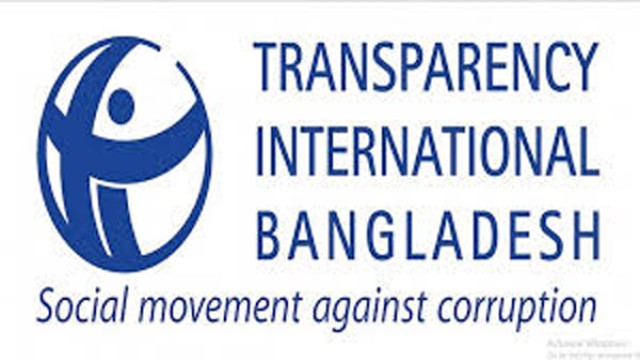




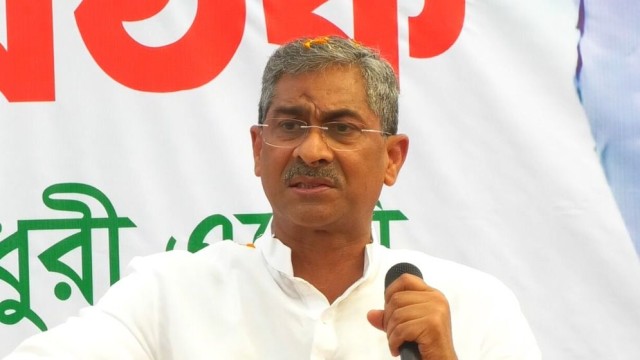

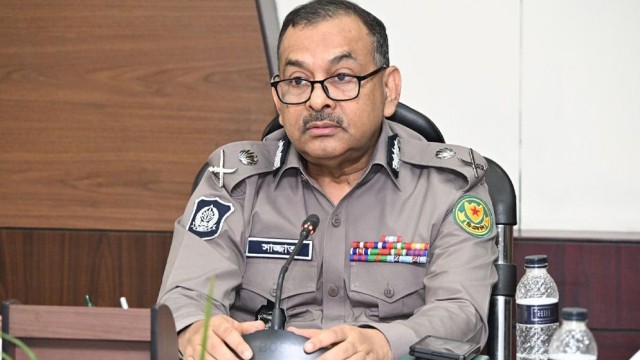

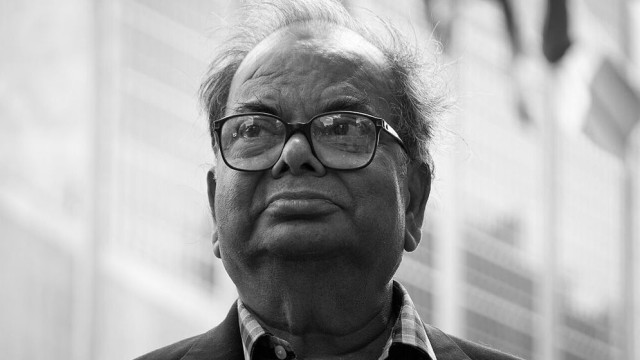
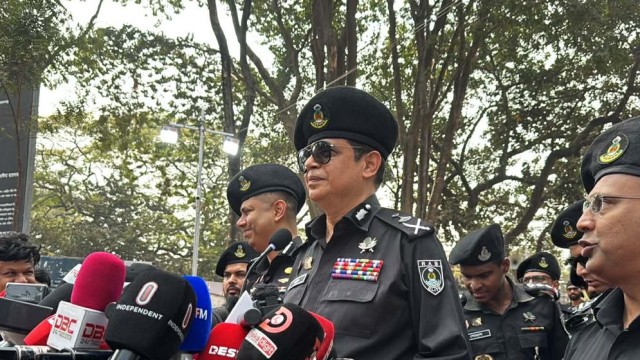











Comment: